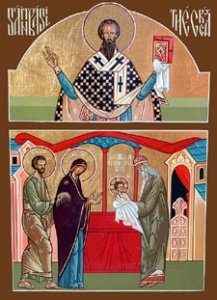Would that be the same for your Eastern Catholic compatriots? I'm assuming they probably don't have the Feast of the Immaculate Conception on their calendars unless they are particularly Latinized, so I'm wondering how/if they could maintain the same requirement, or if the theology of their mother churches influences how they handle this sort of situation.
More generally I'm asking because the OO don't have and to the best of my knowledge from asking priests have never had anything like this; a long-absent person would need to prepare and to confess before communing, of course (same as anyone), but it is my understanding that -- especially in a historical context, but also in some sense currently -- being able to attend liturgy regularly was by no means guaranteed, and hence we couldn't enforce something like that, because what if _____ (stuff that actually did/does happen: the church building gets blown up, or taken over by non-Orthodox or non-Christians, or the road to the church/monastery is infested with terrorists as we have seen recently with regard to the route to the monastery of St. Samuel the Confessor, etc.)? I'm wondering if maybe the rules might be a bit different in some hot spots where there are a lot of Catholics in regions that are embroiled in religious civil war, like the Islam-dominated north of Nigeria, where churches do get attacked.
I'm not sure how to phrase this, but it seems like having this kind of rule is a luxury that probably a lot of your brethren would love to be able to abide by.


